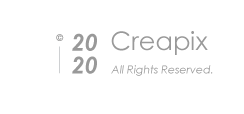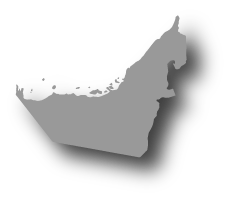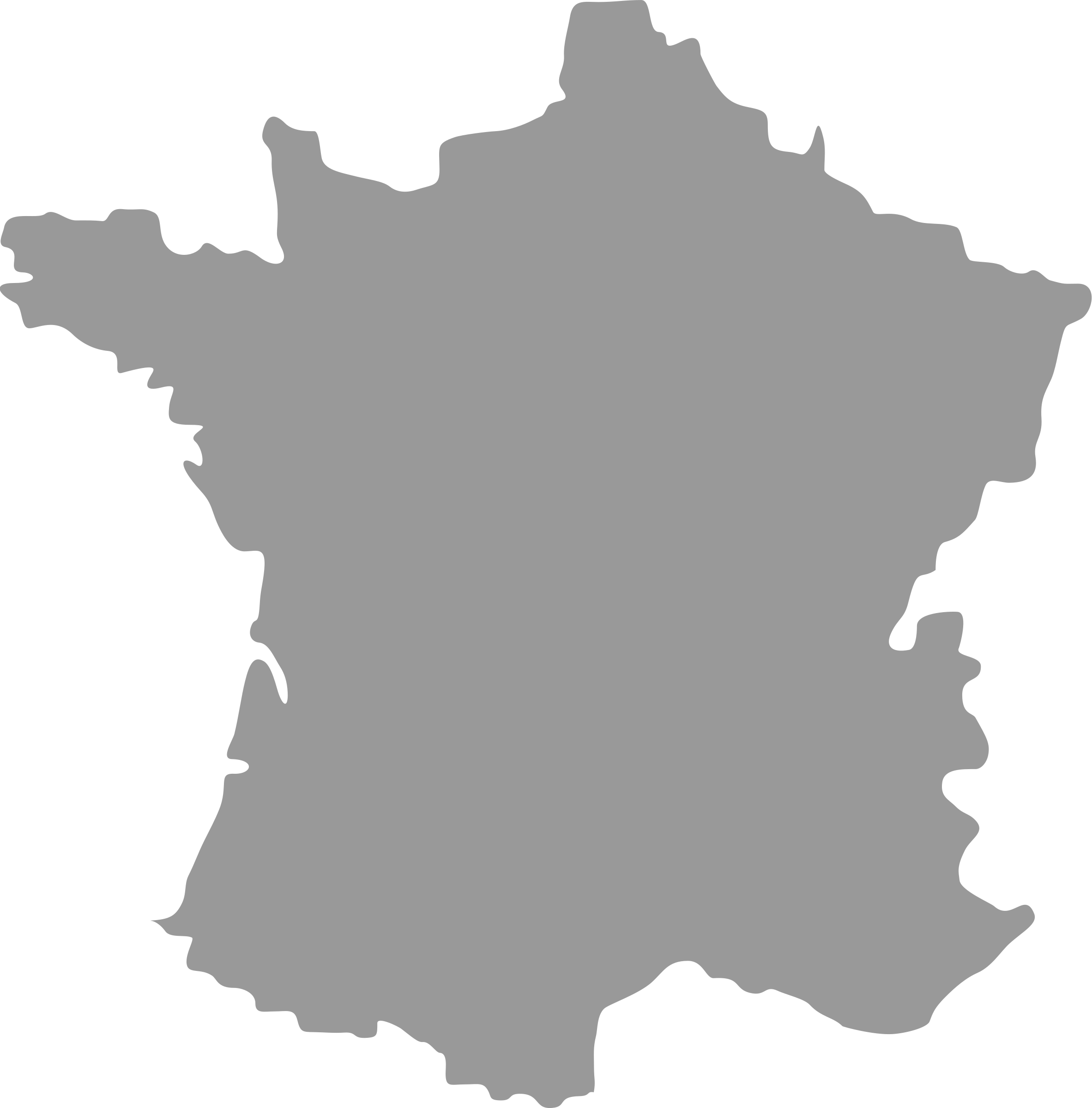2020-03-06
No One Is Too Busy to Be Creative
Dana Rousmaniere
2020-03-06
No One Is Too Busy to Be Creative
Source: Harvard Business Review




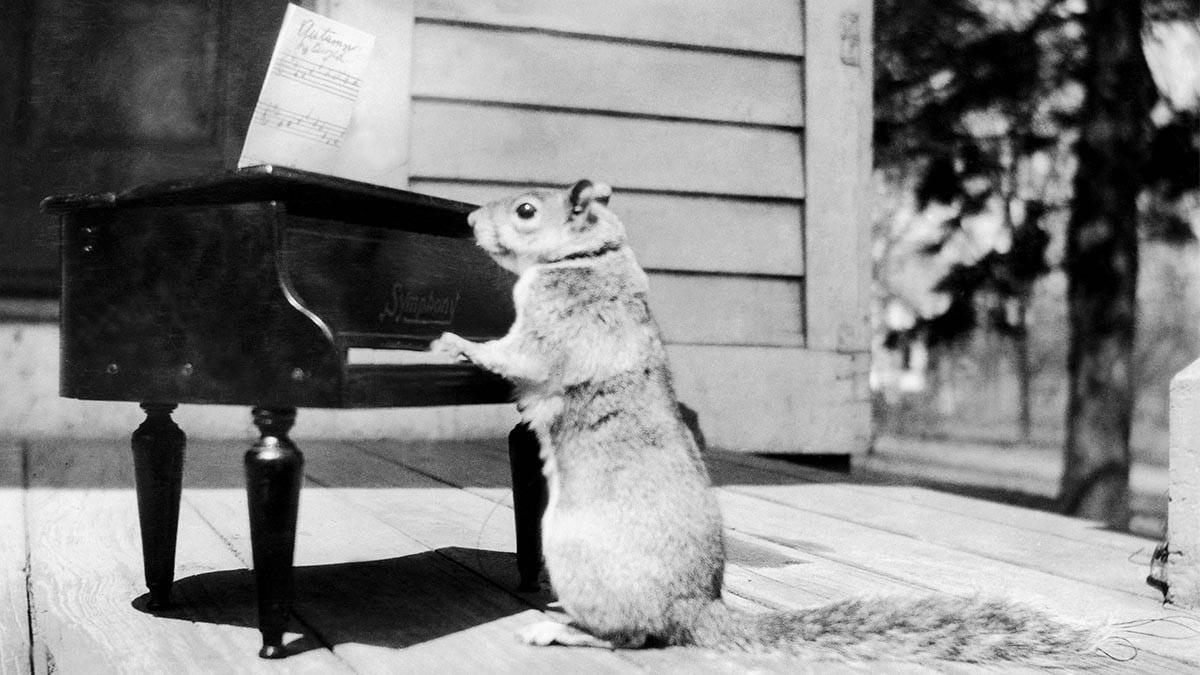
Elizabeth Gilbert’s latest book, Big Magic: Creative Living Beyond Fear, has been called a must-read for anyone hoping to live a creative life. Reviewers have said that it’s completely changed their approach to creating, thanks to Gilbert’s practical advice for demystifying the creative process. As part of HBR’s series on thinking creatively, I recently spoke with Gilbert about her own creative process, and her advice for tapping into the creativity that she believes lives inside each and every one of us. An edited version of our conversation follows:
HBR: What’s your advice for getting out of a creative rut?
Gilbert: When people say that they feel “stuck” or “blocked,” they usually also mention that they’ve lost their passion. It feels like their lives and their minds should be on fire, but instead, that flame just feels like cold embers, where every day is the same, day in and day out. The trick to reigniting that spark is to let go of the idea of passion and to focus instead on the idea of curiosity.
Why is it more important to focus on curiosity than passion?
We live in a culture that says “passion, passion, passion”… but that can be hard to find when you’re tired and busy. Instead, ask yourself: “Is there anything that I’m even 1/8 of a percent curious about?” That idea doesn’t have to make you shave your head and change your name and quit your job; it’s more like a scavenger hunt, where you’re looking for tiny seeds.
If you can consistently do that, not just once or twice, but every single day, and be diligent about following your curiosity wherever it leads, you’ll find that creative spark.
When people tell you they want to pursue a creative idea, you caution them against quitting their “day jobs” to do so. In fact, you wrote your first three books while still holding down a “day job” — or sometimes, several day jobs. How did you find the time to be creative on the side?
People dream about running away and writing the Great American novel or making pottery or opening a bakery. Sometimes we get in this mindset where we think it has to be one way or the other — you have a responsible day job, or you live a free, expressive life. But for most of history, people had to figure out how to take care of both. You have needs and your family has needs and the bills have to be paid. There’s dignity in taking care of those things, but that doesn’t mean that you shouldn’t have any creative aspect to your life whatsoever. Set your alarm a half hour early every day and work on that book or that new business idea.
What about the inevitable tradeoffs?
A wise woman one asked me: “What are you willing to give up in order to have the life that you really want?” I said, “Wow, I guess I have to say no to things I don’t want to do.” And she said, “No, you have to say no to things you do want to do — that party on Saturday night that you really want to go to, that television series that you’re obsessed with … you’re not doing that anymore.”
People get on Facebook and say to me: “I have no time to be creative.” And I think: cancel your Facebook account. If you have time to get on social media to tell me how busy you are, then you have time to pursue your creative interests. It’s about self-accountability. Once you make those sacrifices, you will find the time. And an hour a day is an enormous amount of time. Imagine if you studied French for an hour a day — how much better would you be at speaking French? These small steps every single day are critical.
In Big Magic, you write about what Einstein called “combinatory play” — the act of opening up one mental channel by dabbling in another. It’s why Einstein would often play the violin when he was having difficulty solving a math puzzle, and why you personally took a drawing class to help your writing. What are some other practical things that people can do to enhance their own creative thinking?
The best part of the phrase “combinatory play” is the word “play,” which is something we often stop doing at a young age. If you want to think more creatively, ask yourself “What do I want to play at?” In a capitalistic, driven, aggressive society, there’s generally not a lot of room for play, which is unfortunate, because it does open channels. My personal play is exercise. If I go jogging for an hour, I’ll come back with such better ideas for my books. Have you ever noticed how ideas come to you when you’re driving, or when you’re in the shower? It’s because you’re relaxed, and your mind is freed up to let ideas come in. Combinatory play can be anything — a pickup basketball game, baking something, making pottery, or just doodling or going for a walk.
How do you balance the need for solitude to think and work creatively, with the need to collaborate, brainstorm, and learn from other people?
It’s the inhale and the exhale — they go together.
When I’m looking for ideas, the best thing I can do is to be super engaged in the world. When I was a journalist in the 90s, I had a friend who would make fun of me, saying that I got all my ideas by going out to a bar. I heard and learned so much by striking up engaging conversations in a bar. When I’m doing research, it’s all about engaging with the world. Right now, for my next novel, which is about showgirls in New York City in the 1940s, I’m interviewing former show girls. It involves a lot of outward energy.
There’s a season of collection, and then a season of reflection — where you have to start saying no to social engagements, you don’t go to the bar, you stop the interviews, and you start processing. You close your door and turn off your electronics and go deep inside. I don’t think there’s a healthy way to live without one or the other — you need time for processing and reflection, but you can’t live constantly behind the closed door. There’s a time to step out and to step in.
What’s the role of others — mentors, peers — in your creative process?
I never had a mentor, but I’ve had a million teachers. I’ve worked with so many people in my life who are great editors, great fellow writers, and a really close circle of friends whom I trust with my work when it’s in development, and whom I show my work to. Everyone’s looking for the guru, and the guru is important — I even went to India to find one, so I know how it feels to want to find someone to guide your life and your work. But over the long-term history of my own creativity, the greater benefit has come not from gurus, but from creating a small, close-knit, trustworthy network of people who were exactly where I was at the same time.
We shared our writing with each other, and gave each other attention, and held each other to deadlines, and encouraged each other to send our work out into the world. Those people are still the best editors I have. So, rather than find the world’s most powerful mentor, go find three or four of your most generous peers and create a sounding board for support that you can use for the rest of your life.
How do you handle criticism of a new idea?
When you’re doing something creative, you have to recognize that it makes you vulnerable, because you have to step forward into a realm that has an uncertain outcome. You’re possibly going to fail, and probably feeling exposed. And you know how you have that one person in your life who tells you to bounce your ideas off of her because she’ll be brutally honest in her feedback? Fuck her. Do not bring your first iteration of a dangerous new idea to someone who prides herself on being brutally honest.
If someone tells me as a point of pride that they are brutally honest, what they’re telling me is that they’re brutal. They’re saying, “Give me a chance to hurt you — I love to hurt people.” And they’re advertising it as if they have something to offer you. Those people do not deserve to see the most vulnerable work you’re doing. Anyone I show my work to at that stage has to be someone who I know has my best interests at heart, who will offer me honesty with compassion. Once your work is out in the world, you get brutalized enough. You don’t need to get it on the first round.
In Big Magic, you’ve flipped the usual question, “What would you do if you could not fail?” around to “What would you do even if you knew you were going to fail?” As you say, when you’re acting on inspiration, the words failure and success become irrelevant; it’s the work itself that’s important.
I work in the publishing world, where there’s a lot of doom and gloom. People in publishing are saying things like: “We’re obsolete. The Golden Age of Print has passed. Why are we even doing this anymore?” But I work with Riverhead Publishing, and everyone I know who works there loves their work. They’re dynamic. They’re creative. They’re hopeful.
One day I asked them why their work environment is like that when at so many other companies, it feels like people are walking around in a shroud. And I was told that it’s because their boss begins every meeting by saying: “You will never get in trouble in this organization for failing, as long as you fail in increasingly interesting ways. You will get in trouble for coasting …but if you try something and it bombs, you’ll probably get promoted.” That message has changed the entire culture of this organization. It’s why everyone wants to bring their best ideas. It’s why everyone wants to work there. And it’s why authors like me want to work with them.
The freedom to fail — as long as you’re failing in interesting ways — makes for tremendous success.
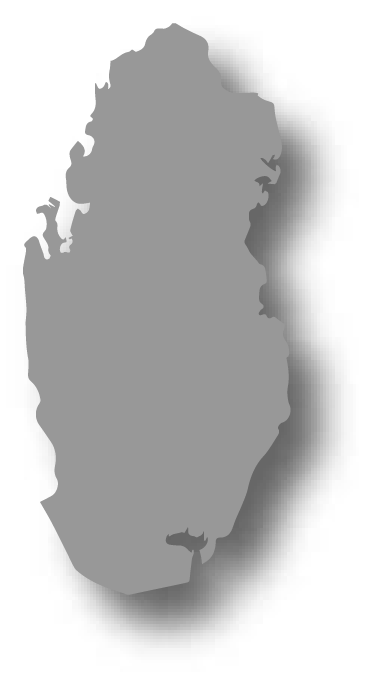

Qatar

Commercial bank tower, West Bay,
15th floor, Doha, Qatar
PO Box 27111
+ 974 50 239 329
QATAR@CREAPIX.NET
